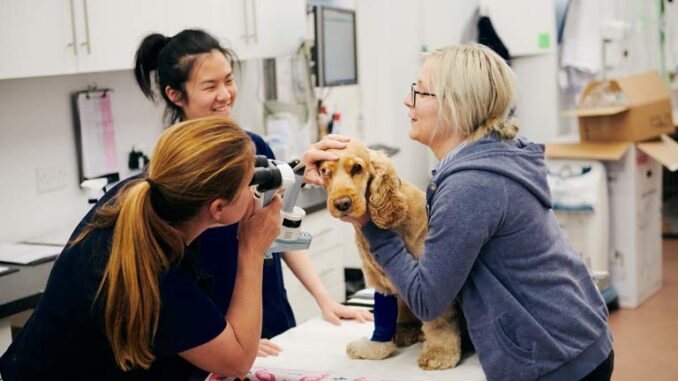
The British Veterinary Association (BVA) has welcomed the Government’s new five-year national action plan on antimicrobial resistance (AMR), launched last week (9 May) as part of its 20-year vision to contain AMR by 2040.
The plan builds on the progress made on the actions set out in the previous strategy. It acknowledges the vital role of vets in antimicrobial stewardship initiatives, such as the work of Arwain DGC in Wales, and includes actions to support animal health and the veterinary workforce in championing responsible use of these essential medicines over the next five years.
Responding to the launch of the plan, BVA President Dr. Anna Judson said:
“The Government’s new five-year plan shows a continued commitment to containing and controlling antimicrobial resistance in animals, humans and the environment through a One Health approach.
“The UK has made substantial progress on AMR particularly in the agricultural sector, which has recorded a 59% reduction in antimicrobial use since 2014. We’re pleased to see the new action plan recognise this achievement in antimicrobial stewardship through cross-sector, collaborative efforts by vets, farmers and government.
“In BVA’s consultation response to the Government last year, we called for actions around responsible antimicrobial use within the companion animal and equine sectors, as well as an increased emphasis on data collection and surveillance to help reduce disease outbreaks in the first place. We’re pleased to see that the plan includes both our recommendations.
“Vets play a vital role in championing responsible antimicrobial use. BVA will continue working with its specialist divisions and all key stakeholders to build on the animal health actions within the plan, to help preserve these essential medicines for both humans as well as animals in the future.”
Last year, BVA’s Voice of the Veterinary Profession survey revealed that almost 90 percent of UK vets are concerned about losing the ability to treat infections in animals as a result of antimicrobial resistance. Other concerns included potential enforced restriction on veterinary use of antimicrobials in the future (reported by 84% of vets) or the inability to control infections following surgery (75%). At the same time, only a third (35%) of vets overall felt clients were aware of AMR, with vets working in small animal practice reporting it more often (68%) than those who work with large animals, like cattle or horses (34%).
BVA is a member of the Responsible Use of Medicines in Agriculture (RUMA) Alliance and the RUMA Companion Animal and Equine Alliance and has been working closely with stakeholders in government and industry to develop appropriate and evidence-based targets across the livestock, pet and equine sectors.
Leave a Reply